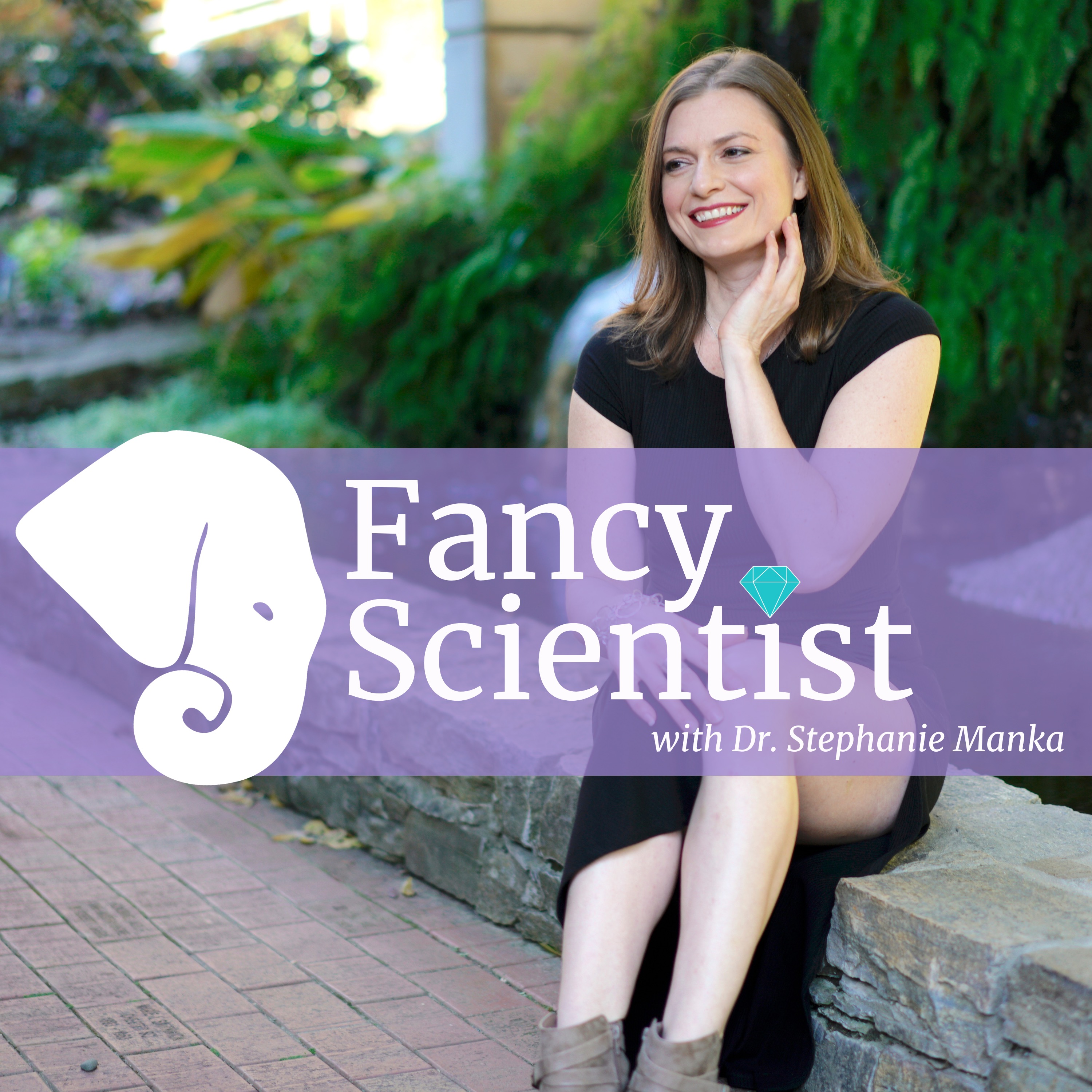Extinction of Experience: The Core Threat to Nature Conservation


I became a wildlife biologist because I wanted to save species from extinction. But I’ve learned over my nearly two decades in this field, that we really can’t save species without focusing on ourselves first
When people think of wildlife conservation, they often conjure up images of scientists in the field with animals, studying where they move, what they eat, or how many there are. This definitely helps in conservation planning, but it doesn’t relieve the threats placed on animals.
To really get to the core of conservation, we have to turn to humans. But how do we do this?
In this episode, I talk about, in my opinion, the most important aspect of getting people to care about nature – allowing them to have experiences with nature. I believe that the “Extinction of Experience” is the greatest threat to biodiversity conservation.
This episode is all about explaining the concept of the Extinction of Experience, why it’s been increasing with each generation, and what we can do about it. I go into specifics about how I believe that community science (citizen science) is a means to reverse the extinction process.
Specifically I talk about:
- How I went from a scientist who only wanted to study animals to one who is super interested in people
- What is the Extinction of Experience?
- What does going outside have to do with conservation?
- The important components of having an “experience” in nature
- How community science is uniquely suited to reverse the Extinction of Experience
- Results of a study I conducted on the outcomes of community scientist volunteers
- What we can do to encourage people to get involved in community science
- and MORE!
For full show notes click here.
Get a free chapter of my book “Getting a Job in Wildlife Biology: What It’s Like and What You Need to Know” to see how I can help you in your career: https://stephanieschuttler.com/getting-a-job-in-wildlife-biology-book/
Want to learn about cool animals, conservation, and get tips about careers in wildlife biology, science, and more? Subscribe to my channel: https://www.youtube.com/StephanieSchuttler and join my email list: https://stephanieschuttler.com/
I’d love to meet you. Connect with me on social media:
Twitter: https://twitter.com/FancyScientist
Instagram: https://www.instagram.com/fancy_scientist/
Facebook: https://www.facebook.com/fancyscientist/
Pinterest: https://www.pinterest.com/fancyscientist/pins/
I go live in my Facebook group every other Sunday at 7 PM EST to answer a wildlife biology question. Join me! https://www.facebook.com/fancyscientist/
Join the “Getting a Job in Wildlife Biology” Facebook group to connect with other aspiring wildlife biologists, post your questions and get free advice: https://www.facebook.com/groups/gettingajobinwildlifebiology











